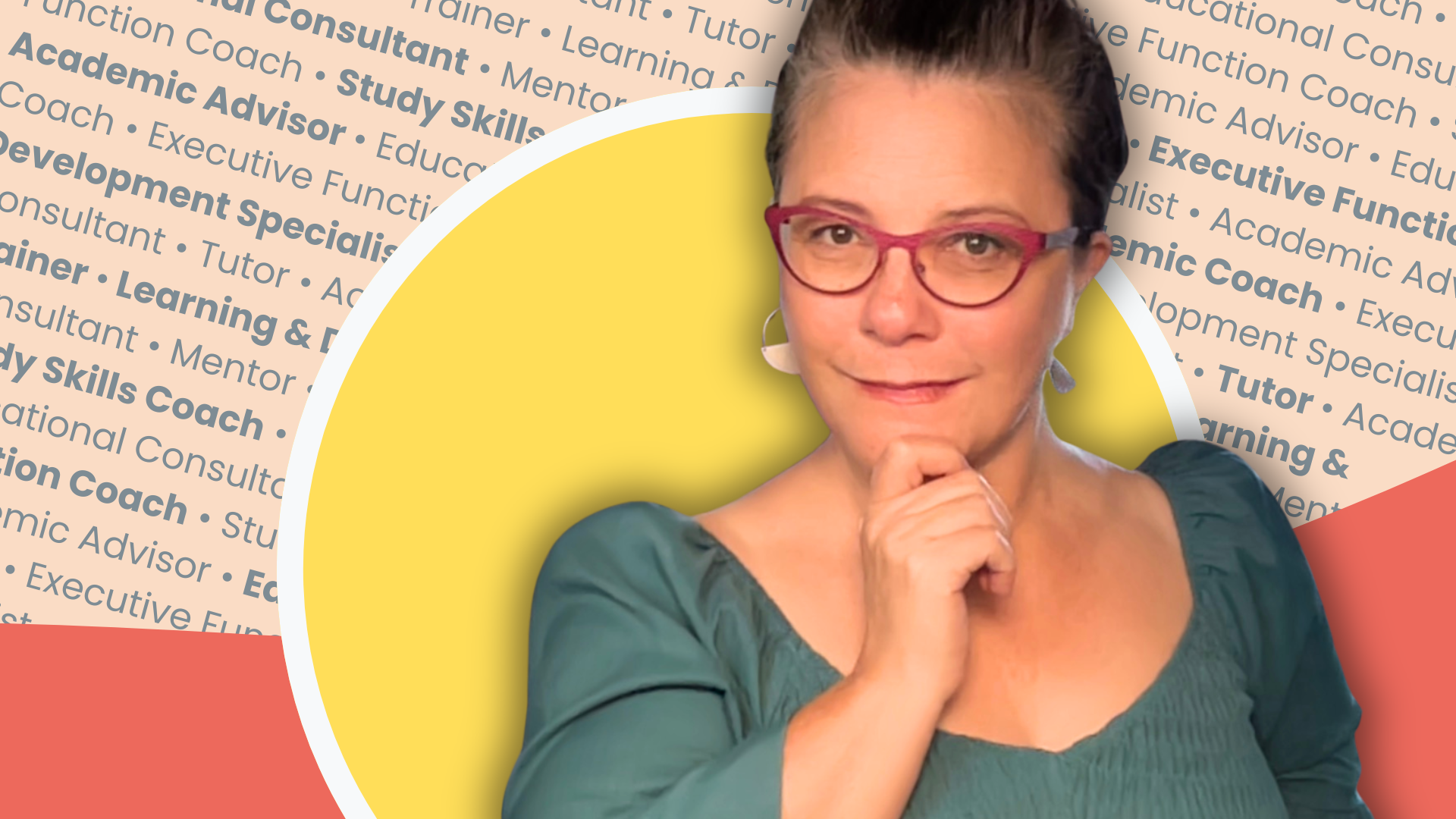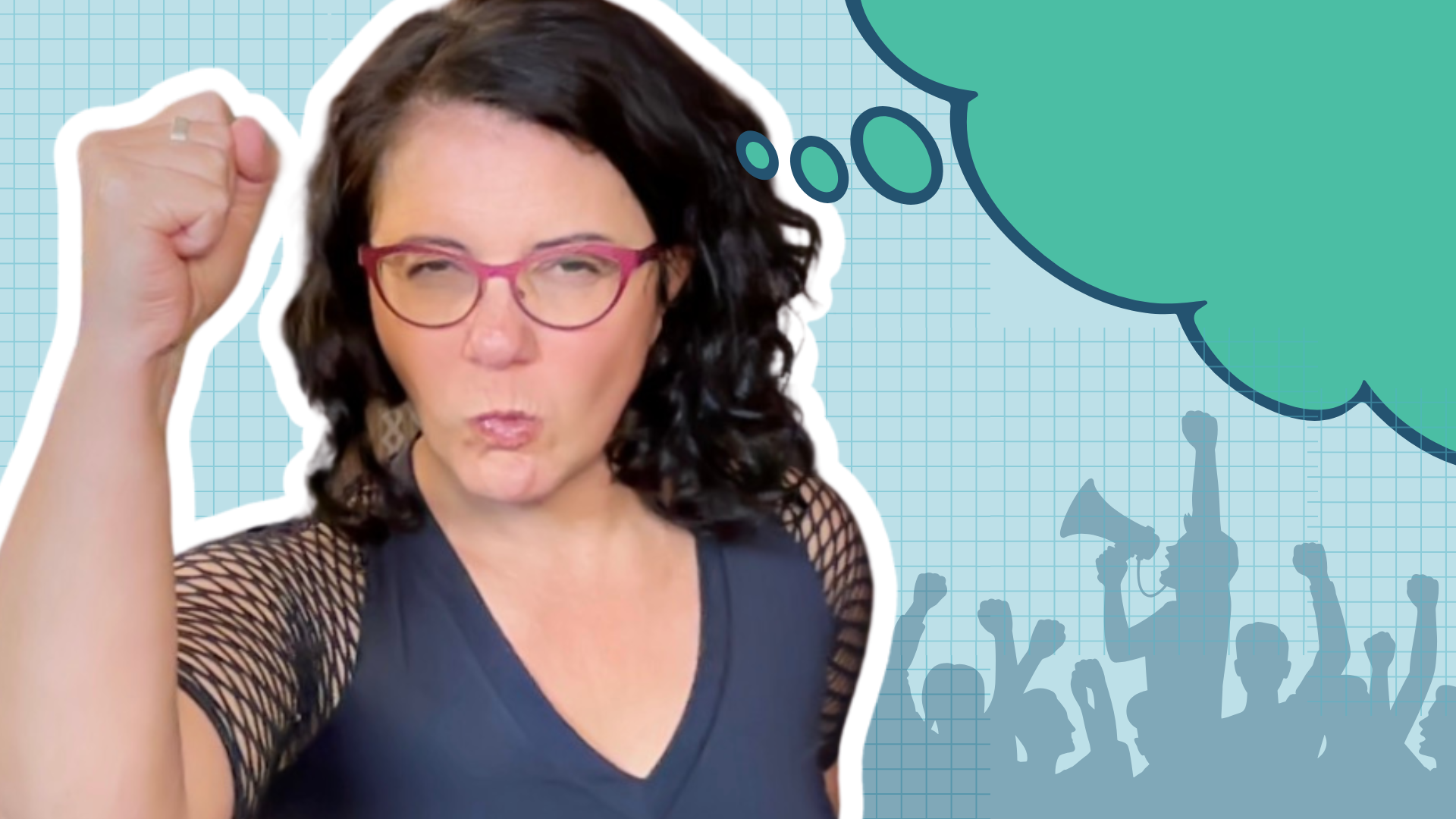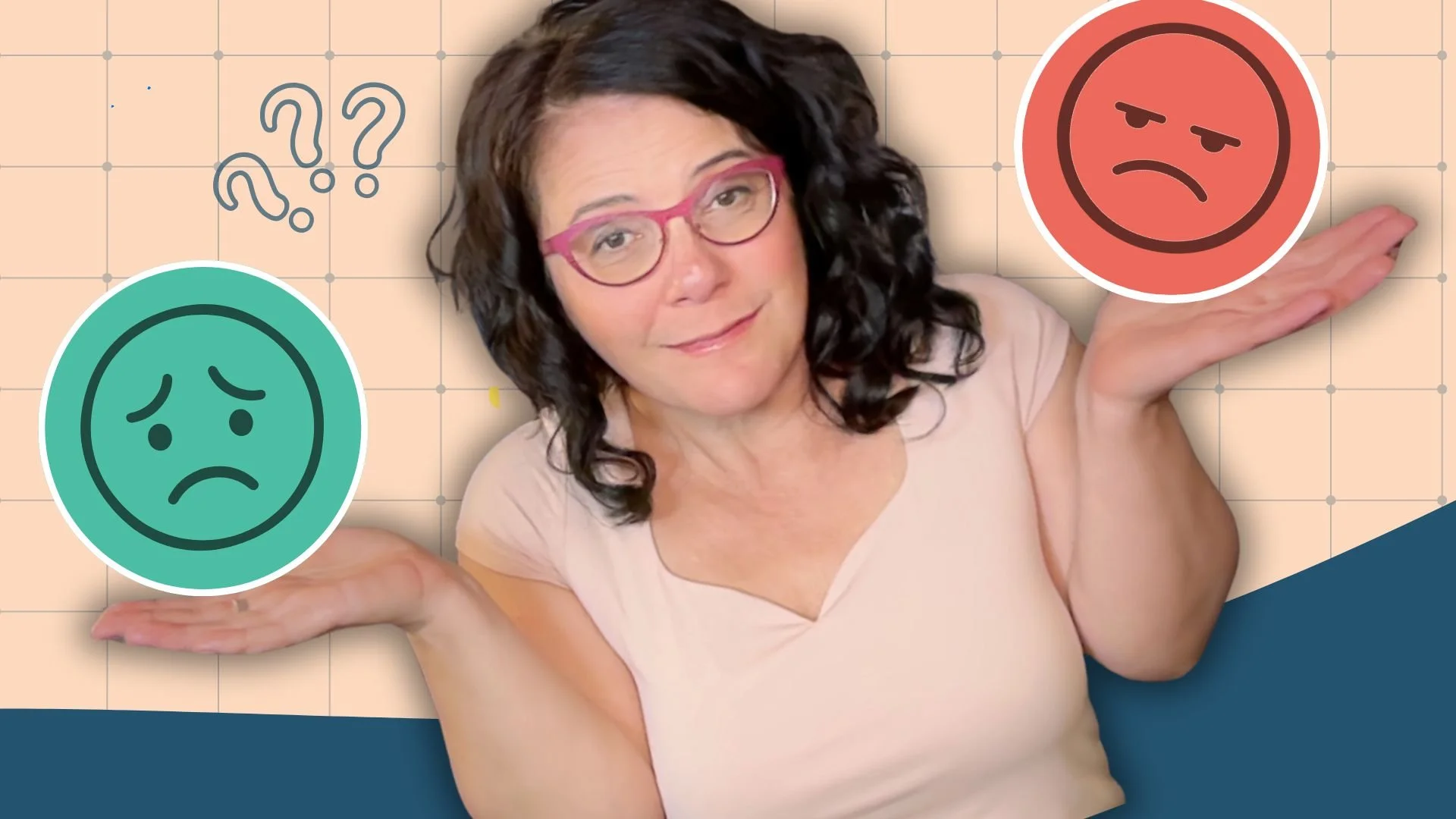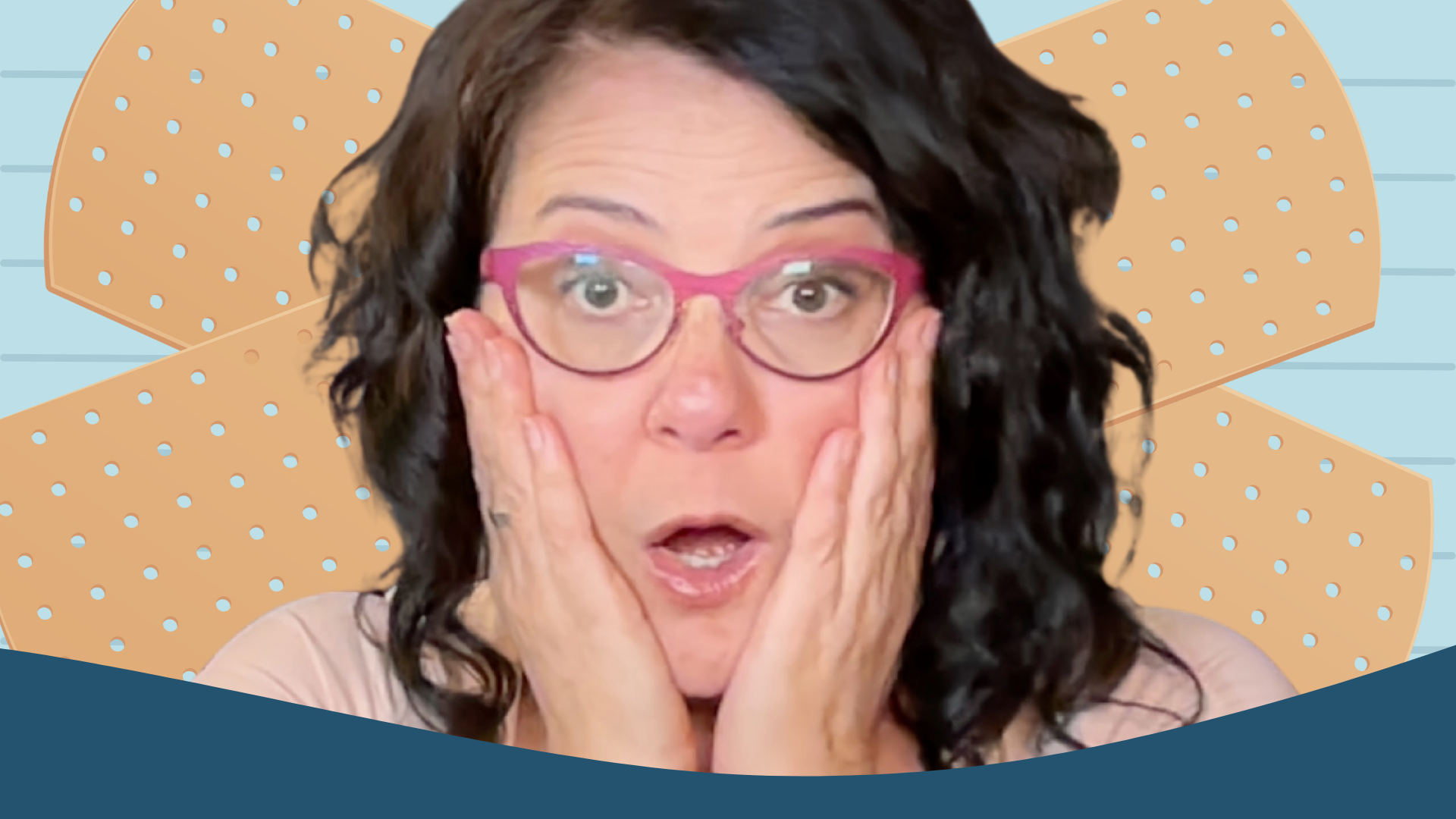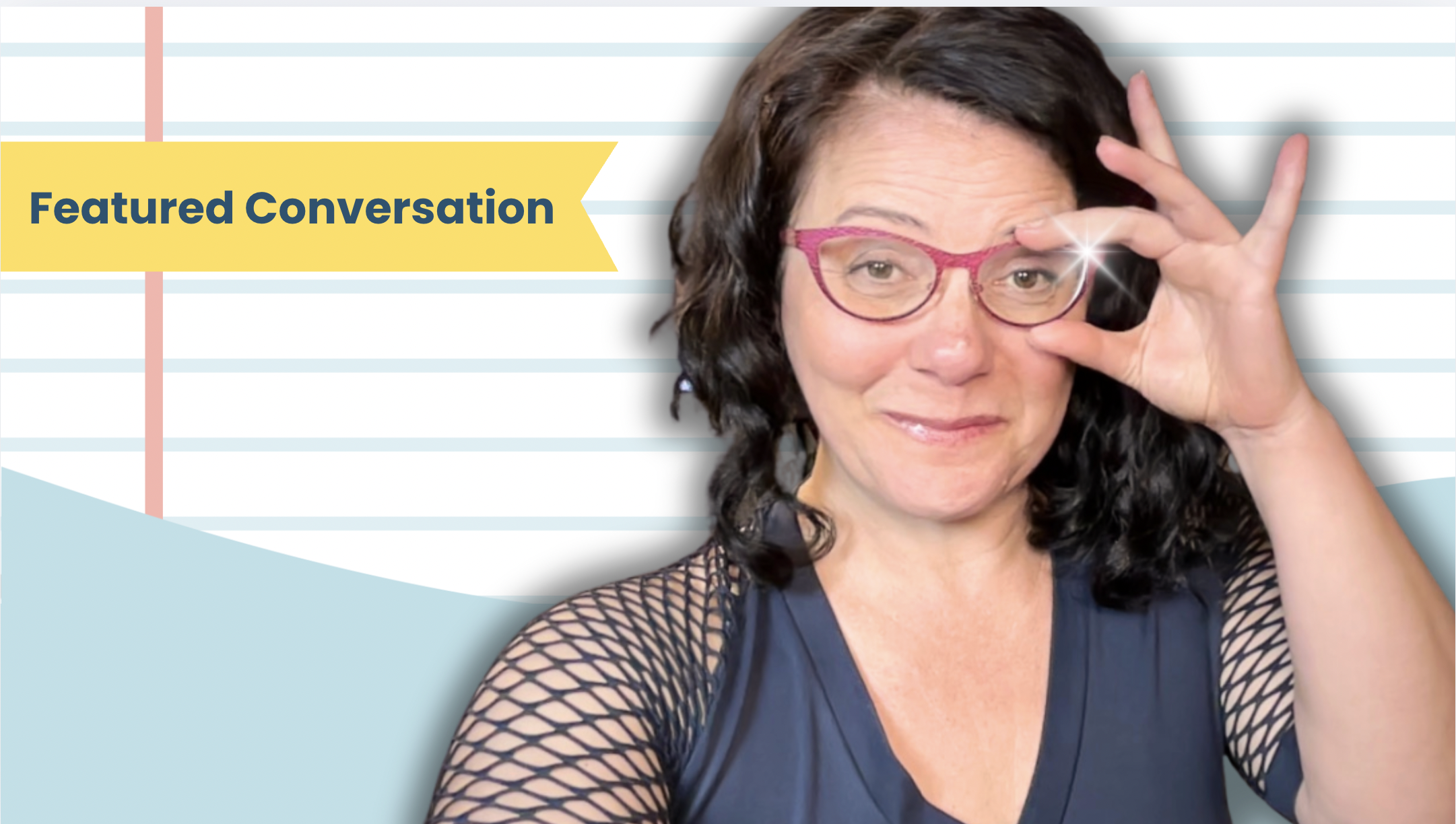Welcome to the
Anti-Boring Blog
Academic, EF, or ADHD Coach: What Job Title Should I Choose?
The difference between academic coaching and executive function coaching isn't really about what happens in sessions. It's about two things: which skills are being named and intentionally developed, and the depth of scientific understanding behind those skills.
Is There Such a Thing as Too Much Consent in Student Coaching?
Consent in coaching isn’t about being polite or careful. It’s about capacity.
A student can be generally willing—and still not have the nervous system bandwidth for a specific strategy in a specific moment.
That’s why consent sometimes needs to be revisited, and sometimes doesn’t. The goal isn’t repetition. It’s alignment.
When consent is present, learning flows.
When it isn’t, even good ideas can land as pressure.
Build a Coaching Biz That Feeds Your Soul (and Fills Your Client Roster)
Let’s be honest—building a coaching biz can feed your soul…or your self-doubt…or both! The difference? How you meet yourself along the way—and how you allow our community to meet you, too. Recently, I hosted our monthly Rock Your Biz call—and it went deeper than any of us expected. We found ourselves exploring what it really takes to build a business that feels alive, not anxiety-driven. What emerged was a powerful reminder that edupreneurship isn’t just strategic—it’s soulful work, too. When we let it, this work invites us to confront old stories about money, livelihood, and enoughness; to trust our ability to ride curiosity and action instead of fear; and to lean (at least sometimes) on a power greater than ourselves.
Cognitive Load Isn’t Just for Students: What It Teaches Us About Marketing & Biz-Building
One of my favorite discoveries in recent years is how deeply learning science and marketing science overlap. The same brain-based principles we use to help students manage their cognitive load also shape how potential clients make decisions. When coaches show too much information too early—long, detailed packages, multiple options, full price breakdowns—they unintentionally overwhelm families right at the moment when curiosity matters most. If a parent lands on your website and has to read, compare, and decide before ever meeting you, their brain is already working too hard. And overloaded brains don’t make confident decisions. This isn’t about being mysterious or withholding information; it’s about pacing. When you reveal the right amount at the right time, you keep families engaged, curious, and ready for conversation. That’s why the timing of your package reveal can make such a dramatic difference—especially for coaches in their first stage of business.
What Educator PD Looks Like When We Practice What We Preach
What if professional development for educators actually practiced what it preached? In this new post, Gretchen Wegner explores how the Anti-Boring Learning Lab naturally aligns with the four research-based principles for effective PDoutlined by education expert Peps McCrea.
From making learning easy (without dumbing it down) to creating a safe, social, and timely space for teacher growth, the Lab demonstrates how evidence-informed routines can transform both educator and student learning. Through practical micro-credentials, live “Practice Labs,” and a vibrant coaching community, teachers gain the confidence and curiosity to apply cognitive science in real time.
Do Mnemonics Count As “Teaching Students How to Study”?
In this post I tackle a question I hear all the time from educators and coaches:
“Do mnemonics really count as teaching students to study?”
If you’ve ever wondered the same thing, you’ll want to see this one.
Here’s the short version:
Mnemonics do work — but only in certain contexts.
They’re great for remembering facts, lists, or vocabulary… when used alongside strategies like retrieval or elaboration.
But when they’re used for complex ideas? They can actually get in the way of deep learning.
I share when and why mnemonics work, when they don’t, and how to help students build their own—so they understand the why behind the memory trick.
Why Students Don’t Use the Awesome Study Strategies We Teach Them
We all have things we know we should do — drink more water, get eight hours of sleep, take breaks from screens — but knowing doesn’t always translate into doing.
It’s the same for students when it comes to studying.
Teachers, parents, and student coaches see it every day: students don’t study effectively. Many rely on rereading and highlighting because those methods feel productive. But even when students do know about better strategies, they often don’t use them. That’s what I call the Awareness–Use Gap — and it’s one of the trickiest challenges we tackle in the Anti-Boring Learning Lab.
Awareness isn’t enough. Many students don’t even know what makes learning effective — and even when they do, they often fall back on rereading and cramming.
Research shows scaffolding is essential. Students are far more likely to use effective strategies when educators model them, build them into assignments, and provide accountability.
The Anti-Boring Learning Lab equips educators to close the Awareness–Use Gap. We train teachers, tutors, and executive function coaches in science-backed tools and study skills that stick, so students actually follow through.
Is Memorization the Enemy of Critical Thinking? Here’s the Science
Is memorization really the enemy of critical thinking, creativity, and problem-solving — or is it actually the foundation that makes these skills possible? In this post, we explore how retrieval practice and the Study Cycle transform memorization from “rote learning” into a launchpad for higher-order thinking. You’ll discover new research proving that self-quizzing and other memory strategies don’t just boost recall — they help students transfer knowledge, recognize patterns, and apply ideas in real-world contexts.
Perfect for academic coaches, executive function coaches, tutors, and classroom teachers, this article shows how to integrate science-backed study skills into everyday learning without “teaching to the test.” Whether you support neurodiverse learners or want practical tools to inspire critical thinking, you’ll learn why memorization and higher-order learning aren’t opposites at all — they’re powerful partners in building flexible, resilient learners.
When Brains Get Flooded: Cognitive Overload in Neurodivergent Learners
Cognitive overload happens when the brain’s working memory has more on its plate than it can handle. This overload affects focus, processing, and memory.
For neurotypical students, overload may cause frustration or brief disengagement, but they often reset quickly with scaffolding or a break.
For neurodivergent students, overload hits harder and lasts longer; what looks like misbehavior may actually be self-protective. Explicit supports and permission to pause are vital.
Let’s explore what’s going on when students “check out” mid-task—and how we can respond in ways that restore learning, not shut it down.

